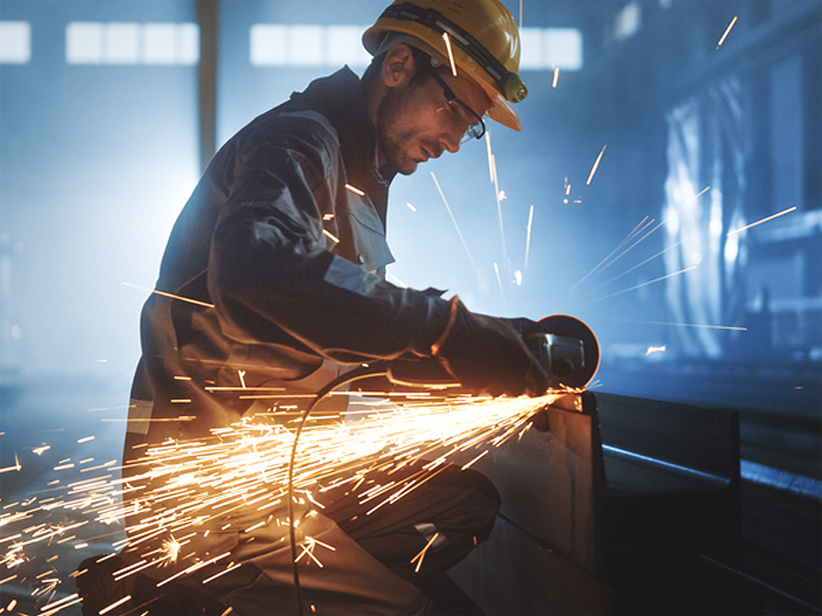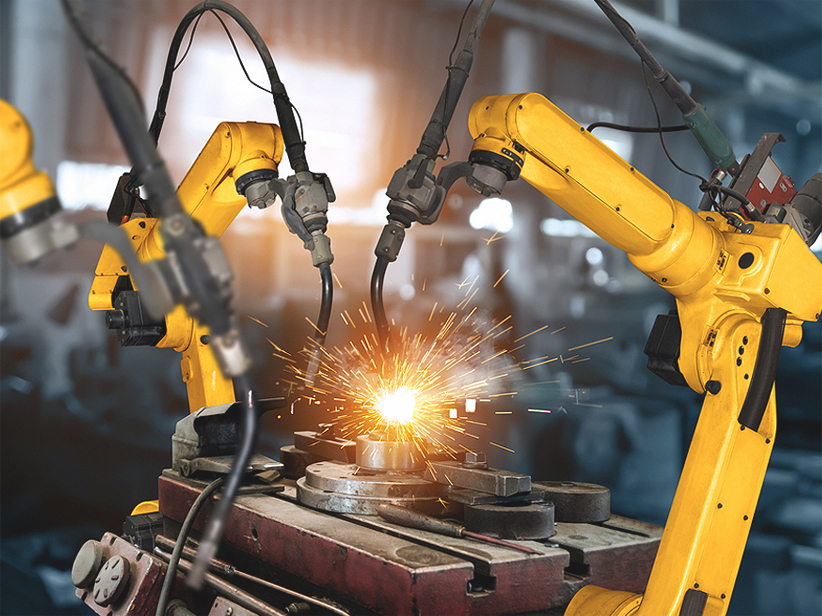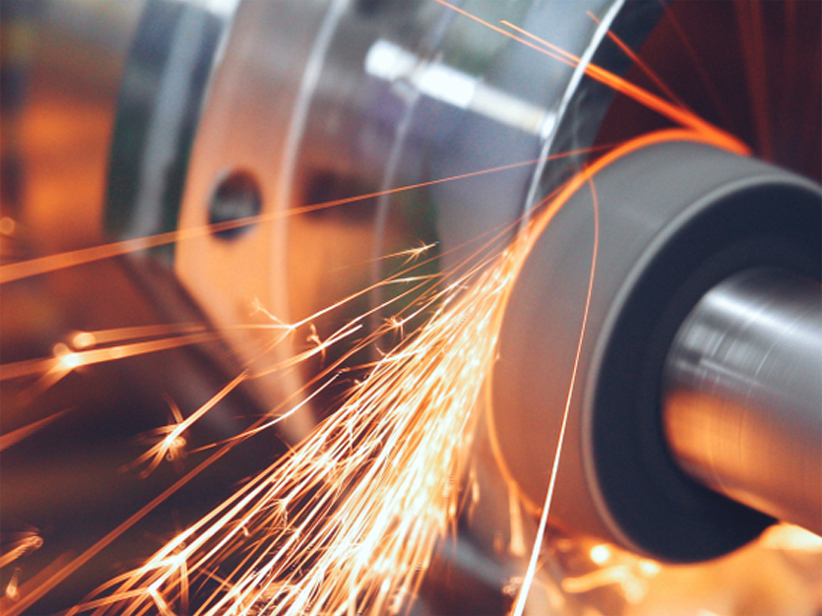STAINLESS STEEL ALLOYS IDEAL FOR SOLENOID VALVE APPLICATIONS
Stainless steel, over a period of time, has established its stronghold in a wide range of industries. Soft magnetic, ferritic stainless steel alloys, especially, are the most suitable and critical for many electromechanical devices such as fuel injectors, fuel pump laminations, and solenoids for antilock braking systems, and automatically adjusting suspension systems in automobiles. They are required to function flawlessly in a wide variety of corrosive environments while retaining the right balance of essential properties such as saturation induction, permeability, coercive force and electrical resistivity.
It became increasingly apparent in recent years that the alloys available earlier were not able to meet the newer, more demanding materials needs for fuel injection and other technologies.
For applications where the media is not compatible with brass, a stainless steel bodied solenoid valve may be more suitable. Stainless steel solenoid valves are ideal for use in certain aggressive media and chemical applications.
Wherever water, chemical mixtures, oil, and gases are transported through pipes, solenoid valves are instrumental in remotely or automatically controlling the flow and transfer of fluids. They are also used in a variety of other applications such as industrial solenoid pumps, cores, armatures, relays, etc. to control and regulate the flow of corrosive fluids.
What follows are some fundamental magnetic properties of these ferritic SS alloys that help them in optimizing their performance in terms of output and response time.
The high magnetic properties of these alloys allow the development of a strong magnetic field, enabling control devices like solenoids and fuel injectors to function with minimal energy input. Of which, the four key magnetic properties include:
- Magnetic Saturation – It is directly proportional to the force that has to be applied while attaining the mechanical efficiency of the control component. Likewise, the higher the magnetic saturation, the smaller and lighter the component can be, without any loss in performance.
- Permeability – These alloys also possess high permeability which enables them to induce a greater magnetic field with minimum magnetizing force applied. This allows smaller, cheaper components to perform with greater efficiency and with less power input.
- Coercive Force -This force permits rapid demagnetization, essential in opening and closing mechanism of devices such as valves and injectors. The lower the force required to switch without “sticking”, the better.
- Electrical Resistivity – High electrical resistivity prevents the formation of wasteful eddy current in AC or rapidly pulsed DC applications. This, in turn, reduces the required input power and increases responsiveness in devices which is crucial when operating at high speeds.
Current industry trends indicate a growing need for alloys that possess greater magnetic performance along with improved resistance to corrosive fuels, road salt, aqueous media, chlorides, mild chemicals and other challenging environments.
Since no single alloy can provide the very best of soft magnetic properties, corrosion resistance, and fabricability in the same composition, some tradeoffs are necessary to form alloys with the most suitable and affordable combination of properties for any given application.
As service environments have grown more chemically hostile and the alternative use of coatings usually results in magnetic air gaps and part failure, increased corrosion resistance has become a critical desirable property.
High resistance to corrosion is essential, for instance, in alloys used with fuels containing ethanol or methanol which contain corrosive contaminants that can cause fuel injectors to malfunction. In a device as small as a fuel injector, no size change or material loss from corrosion can be tolerated.
Good corrosion resistance is essential for many aqueous environments, especially when chlorides are present to cause an attack in the crevices inherent in solenoid valves. Also to be considered is the extended shelf life these alloys can give to products that must be stored in mildly corrosive environments until placed in service.
Choosing the best alloy for an application largely depends on how the intended component is to be machined or welded. Although some components can be produced by cold or warm heading, some machining is involved in almost all parts of production. Apart from the obvious desire for high metal removal rates, other issues such as surface finish, tool wear, and suitability are equally important for operations such as welding. Almost All SS alloys are known to have outstanding surface finishing and weldability.
Where solenoid valves are used in outdoor installations, they are exposed to harsh conditions, such as direct sunlight, extreme heat, sub-zero temperatures, moisture, chemicals, dirt, and dust. This can be tough on both electrical parts and the valve materials, increasing the risk of corrosion and oxidation. If an electrical copper coil in a solenoid valve suffers such damage, it can generate heat or sparks, which, in turn, may create an explosion if the valve is employed to control the flow of flammable gas or liquid.
The legislation is evolving to mandate the use of safer and more durable materials, prompting a rise in demand for products made from stainless steel, which is the most cost-effective material offering durability and resistance to corrosion.
Security is also an important consideration in some applications, as exposed valves can be tampered with or otherwise damaged.
Considering all these safety and security issues, stainless steel alloy is the best choice one can make for solenoid valve components.
Venus has always been known as the most reliable and quality BIS approved stainless steel manufacturer. Currently selling our exclusive stainless steel bars to more than 60 different countries, we have built a strong client base in industries such as aerospace, automotive, agriculture, medical, food, oil & gas, etc.
If you are looking out for stainless steel bars, Venus is the best in the industry you can consider and approach. To get more details please visit our website: www.venuswires.com







